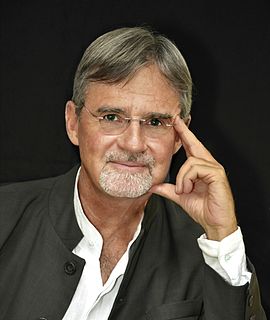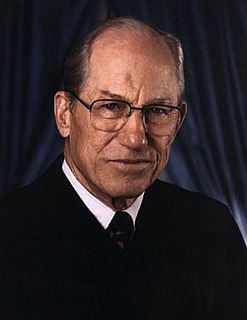A Quote by John Burroughs
The International Court of Justice (a.k.a. World Court) is the judicial branch of the United Nations and in the early 1990's a campaign started and it was supported by civil society non-governmental groups around the world.
Related Quotes
On international relations, Eleanor Roosevelt really takes a great shocking leadership position on the World Court. In fact, it amuses me. The very first entry in her FBI file begins in 1924, when Eleanor Roosevelt supports American's entrance into the World Court. And the World Court comes up again and again - '33, '35. In 1935, Eleanor Roosevelt goes on the air; she writes columns; she broadcast three, four times to say the US must join the World Court.
Although we refer to the International Criminal Court, the real problem is the prosecutor, because it's the prosecutor who decides who to investigate and what cases to bring. This court fundamentally embodied a potential for abuse of governmental power that I felt was inconsistent with being a free person - and [it was] inconsistent for a free country like the United States to subscribe to it.
The US cannot be brought to the World Court for major crimes, for example the supreme international crime, invasion, or violation of the UN Charter, or violation of the Genocide Convention, these are things the US is exempt from, because they exempted themselves from being subjected to international treaties in World Court proceedings.
Most Americans have no memory of the designs Franklin Roosevelt's New Dealers had for postwar-American foreign policy. Human rights, self-determination and an end to European colonization in the developing world, nuclear disarmament, international law, the World Court, the United Nations - these were all ideas of the progressive left.
The United Nations exists not merely to preserve the peace but also to make change - even radical change - possible without violent upheaval. The United Nations has no vested interest in the status quo. It seeks a more secure world, a better world, a world of progress for all peoples. In the dynamic world society which is the objective of the United Nations, all peoples must have equality and equal rights.
A chief justice's authority is really quite limited, and the dynamic among all the justices is going to affect whether he can accomplish much or not. There is this convention of referring to the Taney Court, the Marshall Court, the Fuller Court, but a chief justice has the same vote that everyone else has.






























